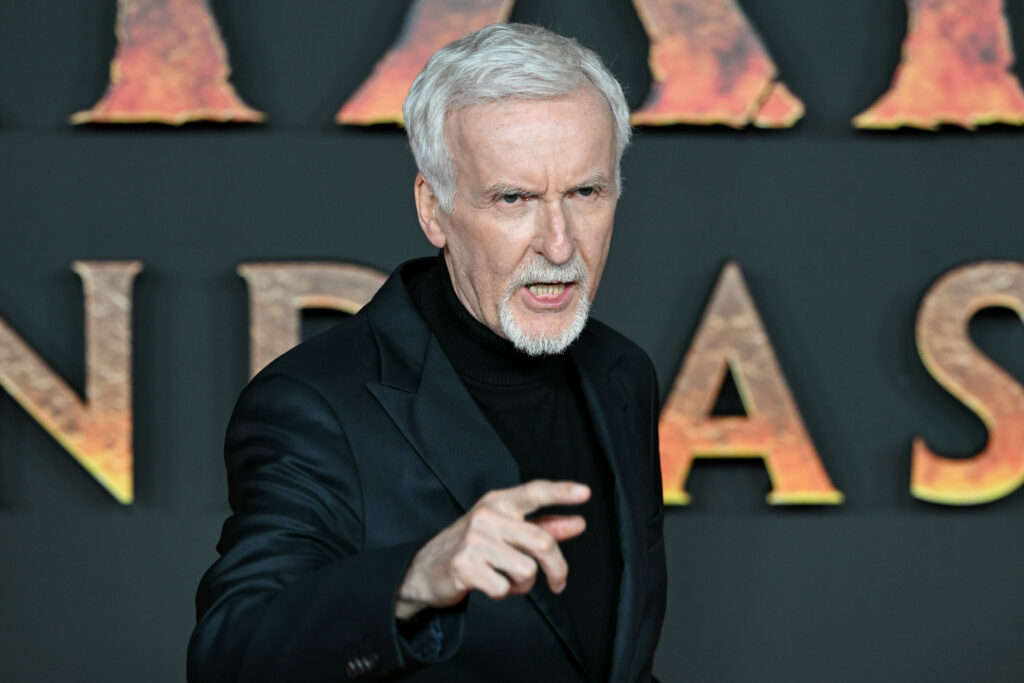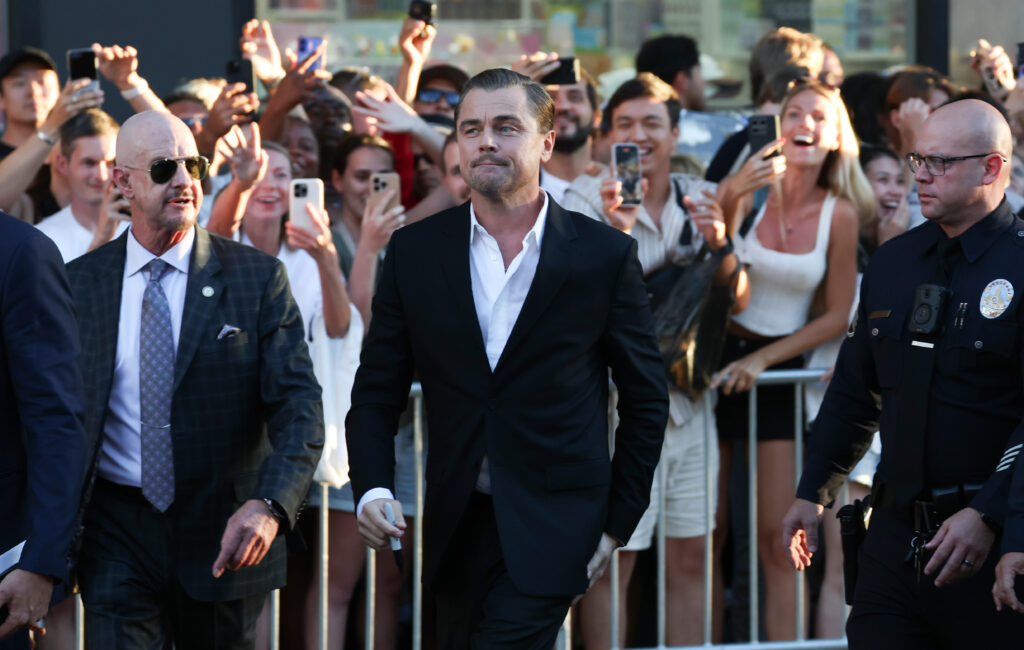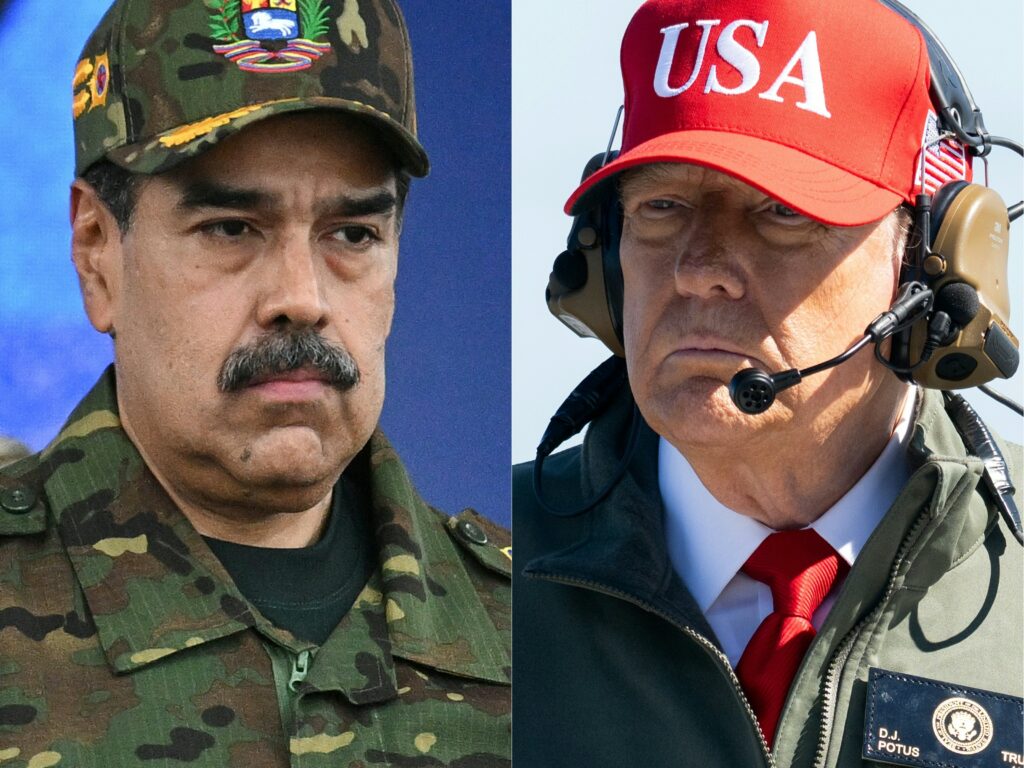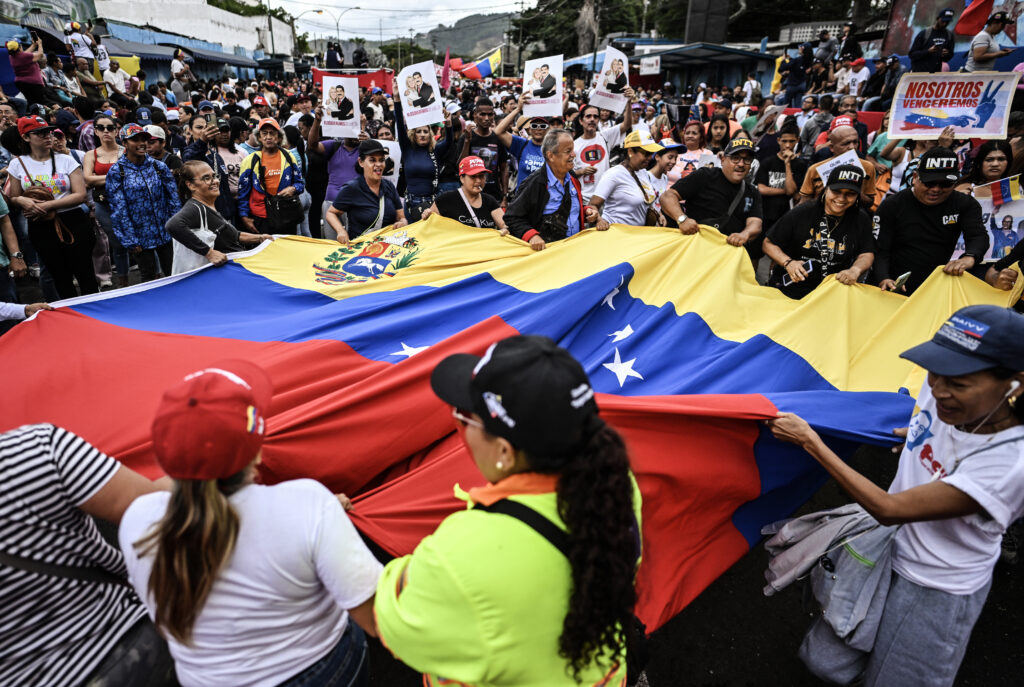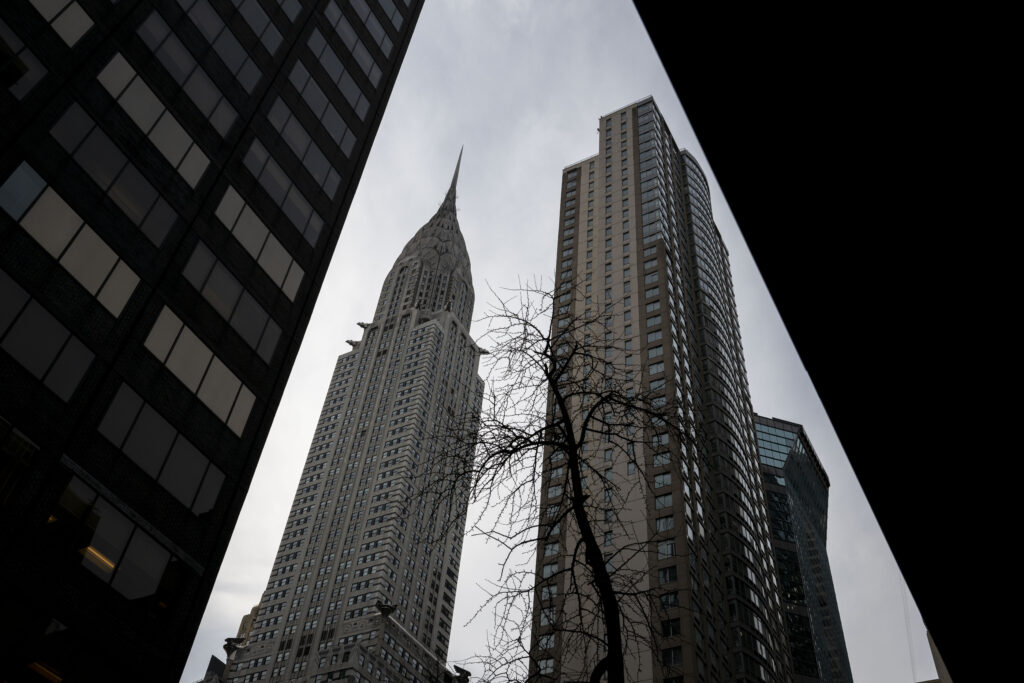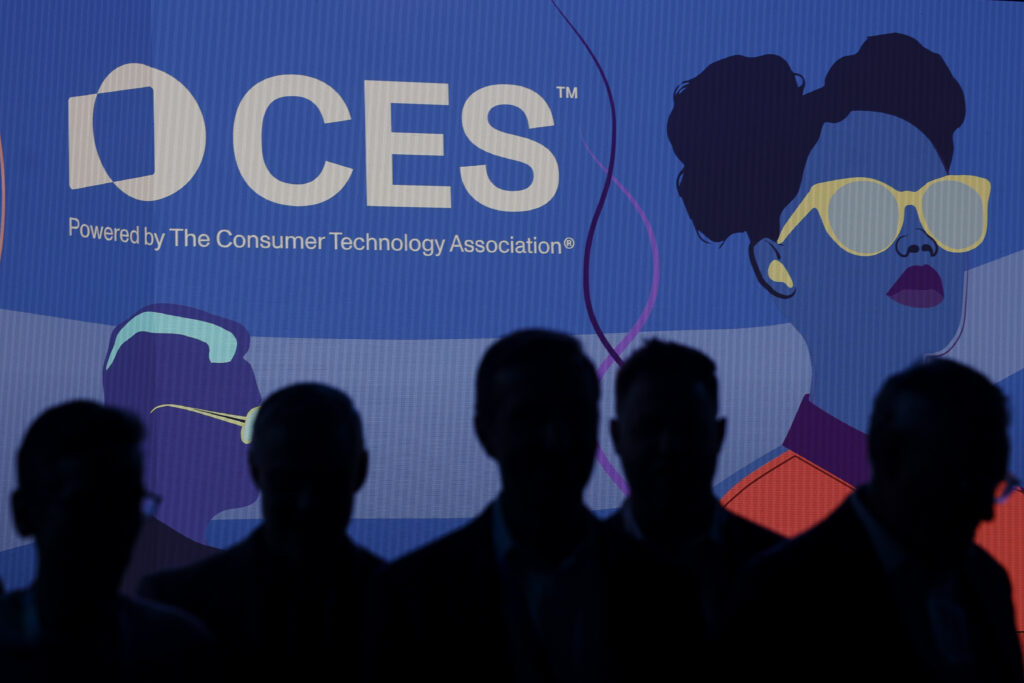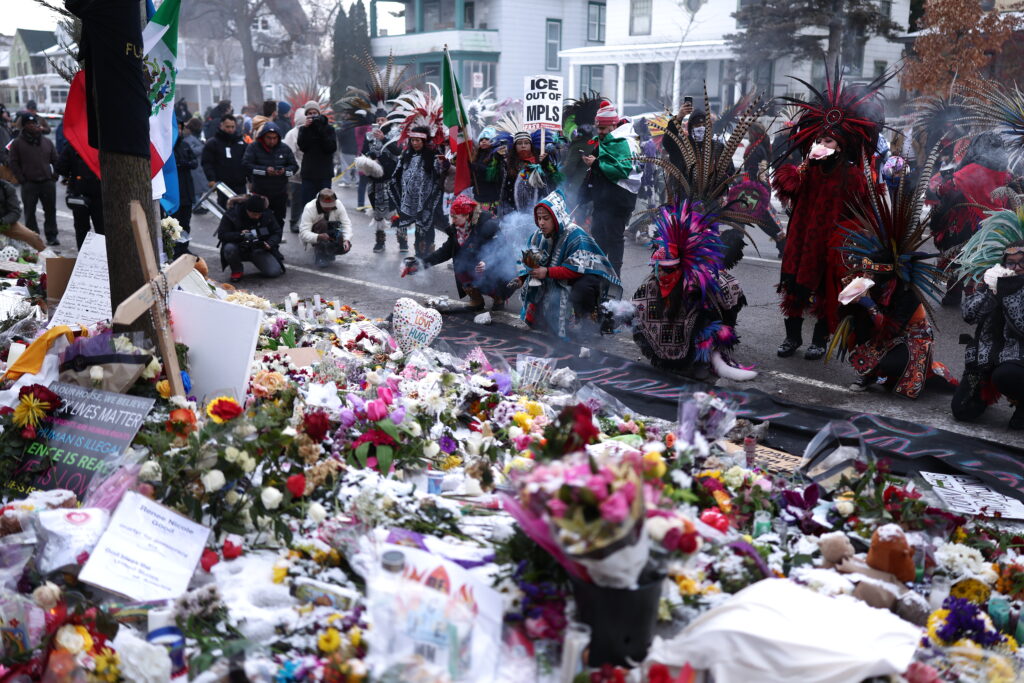Here are the nominees in key categories for the 83rd Golden Globe Awards, which will be handed out on Sunday.”One Battle After Another” leads all contenders with nine nods, followed by “Sentimental Value” with eight and “Sinners” with seven.- FILM -Best film, drama”Frankenstein””Hamnet””It Was Just An Accident””The Secret Agent””Sentimental Value””Sinners”Best film, musical or comedy”Blue Moon””Bugonia””Marty Supreme””No Other Choice””Nouvelle Vague””One Battle After Another”Best male actor, dramaJoel Edgerton, “Train Dreams”Oscar Isaac, “Frankenstein”Dwayne Johnson, “The Smashing Machine”Michael B. Jordan, “Sinners”Wagner Moura, “The Secret Agent”Jeremy Allen White, “Springsteen: Deliver Me from Nowhere”Best female actor, dramaJessie Buckley, “Hamnet”Jennifer Lawrence, “Die, My Love”Renate Reinsve, “Sentimental Value”Julia Roberts, “After the Hunt”Tessa Thompson, “Hedda”Eva Victor, “Sorry, Baby”Best male actor, musical or comedyTimothee Chalamet, “Marty Supreme”George Clooney, “Jay Kelly”Leonardo DiCaprio, “One Battle After Another”Ethan Hawke, “Blue Moon”Lee Byung-hun, “No Other Choice”Jesse Plemons, “Bugonia”Best female actor, musical or comedyRose Byrne, “If I Had Legs I’d Kick You”Cynthia Erivo, “Wicked: For Good”Kate Hudson, “Song Sung Blue”Chase Infiniti, “One Battle After Another”Amanda Seyfried, “The Testament of Ann Lee”Emma Stone, “Bugonia”Best supporting actorBenicio Del Toro, “One Battle After Another”Jacob Elordi, “Frankenstein”Paul Mescal, “Hamnet”Sean Penn, “One Battle After Another”Adam Sandler, “Jay Kelly”Stellan Skarsgard, “Sentimental Value”Best supporting actressEmily Blunt, “The Smashing Machine”Elle Fanning, “Sentimental Value”Ariana Grande, “Wicked: For Good”Inga Ibsdotter Lilleaas, “Sentimental Value”Amy Madigan, “Weapons”Teyana Taylor, “One Battle After Another”Best directorPaul Thomas Anderson, “One Battle After Another”Ryan Coogler, “Sinners”Guillermo Del Toro, “Frankenstein”Jafar Panahi, “It Was Just An Accident”Joachim Trier, “Sentimental Value”Chloe Zhao, “Hamnet”Best non-English language film”It Was Just An Accident” (France)”No Other Choice” (South Korea)”The Secret Agent” (Brazil)”Sentimental Value” (Norway)”Sirat” (Spain)”The Voice of Hind Rajab” (Tunisia)Best cinematic and box office achievement:”Avatar: Fire and Ash””F1″”KPop Demon Hunters””Mission Impossible: The Final Reckoning””Sinners””Weapons””Wicked: For Good””Zootopia 2″Best animated feature”Arco””Demon Slayer: Kimetsu No Yaiba — Infinity Castle””Elio””KPop Demon Hunters””Little Amelie or the Character of Rain””Zootopia 2″- TELEVISION -Best drama series”The Diplomat””The Pitt””Pluribus””Severance””Slow Horses””The White Lotus”Best male actor, dramaSterling K. Brown, “Paradise”Diego Luna, “Andor”Gary Oldman, “Slow Horses”Mark Ruffalo, “Task”Adam Scott, “Severance”Noah Wyle, “The Pitt”Best female actor, drama Kathy Bates, “Matlock”Britt Lower, “Severance”Helen Mirren, “Mobland”Bella Ramsey, “The Last of Us”Keri Russell, “The Diplomat”Rhea Seehorn, “Pluribus”Best musical or comedy series”Abbott Elementary””The Bear””Hacks””Nobody Wants This””Only Murders in the Building””The Studio”Best male actor, musical or comedyAdam Brody, “Nobody Wants This”Steve Martin, “Only Murders in the Building”Glen Powell, “Chad Powers”Seth Rogen, “The Studio”Martin Short, “Only Murders in the Building”Jeremy Allen White, “The Bear”Best female actor, musical or comedy Kristen Bell, “Nobody Wants This”Ayo Edebiri, “The Bear”Selena Gomez, “Only Murders in the Building”Natasha Lyonne, “Poker Face”Jenna Ortega, “Wednesday”Jean Smart, “Hacks”Best limited series or TV movie”Adolescence””All Her Fault””The Beast in Me””Black Mirror””Dying for Sex””The Girlfriend”Best male actor, limited series or TV movie Jacob Elordi, “The Narrow Road to the Deep North”Paul Giamatti, “Black Mirror”Stephen Graham, “Adolescence”Charlie Hunnam, “Monster: The Ed Gein Story”Jude Law, “Black Rabbit”Matthew Rhys, “The Beast in Me”Best female actor, limited series or TV movie Claire Danes, “The Beast in Me”Rashida Jones, “Black Mirror”Amanda Seyfried, “Long Bright River”Sarah Snook, “All Her Fault”Michelle Williams, “Dying for Sex”Robin Wright, “The Girlfriend”- FILMS WITH MOST NOMINATIONS -“One Battle After Another” – 9″Sentimental Value” – 8″Sinners” – 7″Hamnet” – 6″Frankenstein” – 5″Wicked: For Good” – 5
